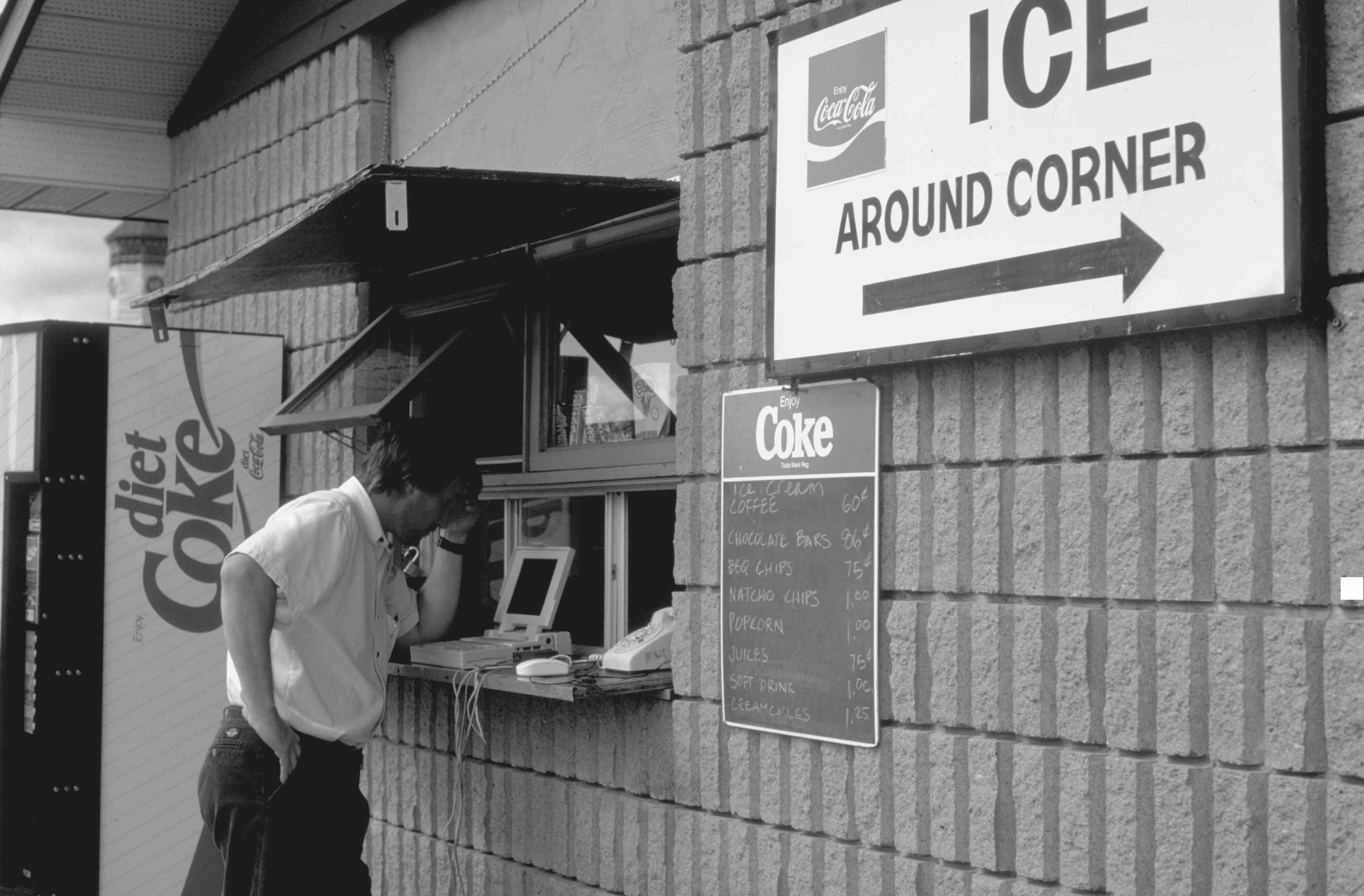
Want to consider leaving your present job for an extended cruise?
Take This Job and Shove Off
by Barbara Theisen
Can’t wait for retirement to free you from the dock and set you on your dream cruise-but financially can’t afford to just chuck it all to be a sailing bum? Afraid that your savings will get you only halfway to paradise, if you pinch pennies? Don’t despair. You might be able to take your job with you, take a sabbatical or, for the more daring—toss reality to the wind and work as you go. So before you tell your boss to “take this job and shove it,” think “take this job and shove off.”
Take Your Job With You
If you can prove yourself irreplaceable (or at least make your boss believe you are—as my husband Tom did) you might be able to keep your job, perhaps on a part-time basis, as you sail. You must be self-motivated and able to mail, fax, modem or telephone work back to the office. The computer, linked with a variety of high tech communication systems, makes this possible for many professions.
The pros of working while you sail include the fact that it may be the only way you can afford to go. You’ll have a steady paycheck, you can probably keep some benefits such as health insurance and your retirement plan; you can stay current with your skills, and your resume won’t make you out to be a sailing bum. But again, you must be extremely self-motivated—it won’t be easy to put in an eight hour work day while anchored in paradise. It may also be difficult to fax or even mail your work from some areas. Therefore your cruising ground may have boundaries and your freedom may be limited.
Five years ago my husband Tom took his job as a computer systems analyst “for a sail.” The engineering firm where he was employed opted to keep him working on a part-time basis with full time employee benefits rather than try to replace him when we permanently left Wisconsin to go cruising. This meant that we had a steady income to supplement the cruising kitty.
Take Your Skills With You and Find Jobs Along the Way
Most cruisers who have to “earn” as they cruise, stop along the way to work. Those with the most success have portable job skills like carpentry, waitressing, writing, jewelry making, photography, or high tech skills that are in demand such as nursing, electronics technician, welder, or skills in the marine field, such as sailmaker, diesel mechanic, etc.
Finding a job along the way means you only have to stop and work when necessary. However there’s no assurance that you will be able to get a job, so don’t wait until you’re down to your last dollar before you begin working again. Also, you may need to get proper work visas in many countries and often you need to apply to them before you arrive in that country. Be advised that many available jobs will be low skill and low pay.
I work from my “office” on the boat as a freelance writer and photographer, supplementing my income with occasional jobs as a bartender or Spanish instructor. Tom, no longer employed by the engineering firm, makes necessary work stops and is currently building homes as a sub-contractor while we wait out the hurricane season before sailing to the Caribbean. His employees all happen to be fellow cruisers! Tom believes that anyone with a good work ethic will be able to find work as they cruise.
Take a Sabbatical
More and more companies are realizing the benefits of providing valuable employees with time off for personal pursuits. Many large corporations offer sabbaticals as part of their benefits package. But even if your company doesn’t outright offer it, there’s no harm in asking. If you are a valued employee, the company may decide they’re better off giving you a sabbatical than losing you forever. Some companies offer paid sabbaticals but more often than not they are unpaid or at a reduced salary.
 |
| While cruising in Canada, Tom Theisen, sends work back to the office by hooking up the computer and modem to a telephone at a hot dog stand. |
Taking a sabbatical may mean you will be able to keep some, if not all company benefits, you will be able to return to your job with no loss of seniority and you won’t have to work while sailing. Disadvantages of a sabbatical are that eventually you will have to return to the real world, you may need to regain lost skills and you must be able to live off of savings unless you are lucky enough to get a paid sabbatical.
We have met many cruisers who set sail after arranging to take a sabbatical. The hardest part, they say, is returning to work. Most do so reluctantly and immediately begin making future long-term cruising plans.
Tomorrow as you sit at your desk daydreaming about sailing to paradise, remember: the possibility exists for you to take your job (or job skills) and shove off.
Barbara Theisen and her husband have lived on a boat for most of the past ten years. They are currently living in Fond du Lac, Wisconsin. Barbara and Tom plan to head back to Guatemala next winter where they will continue their cruising adventures.